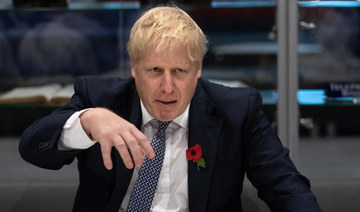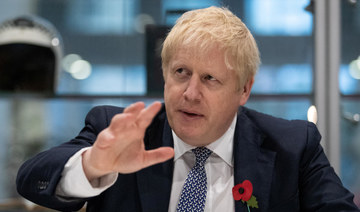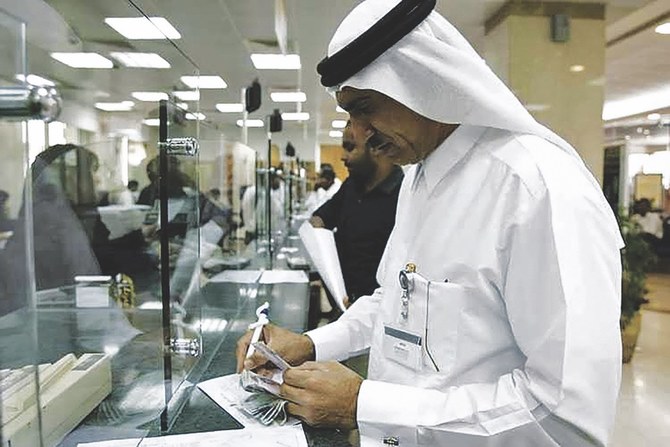LONDON: With a crucial election, Brexit and potential trade deals looming, the future of the beating heart of Britain’s financial sector will be shaped in the coming months.
The specter of a “Singapore-on-Thames” — a highly deregulated British financial sector like the city-state — is the dream of some pro-Brexit financiers, who have criticized European rules that they believe are holding them back.
But regulators do not appear to be in a mood to tear up the rulebook just yet.
“It has been 10 years since the financial crisis and the subsequent reforms we put in place, and now is the right time to review our approach to regulation,” Nausicaa Delfas, from the UK Financial Services Authority, said this week.
“Brexit provides added impetus to look at things again.”
At a London conference on the issue, Barnabas Reynolds, who specializes in UK and EU regulation at law firm Shearman & Sterling, said the regulators should look at everything.
Like many in the City — the financial hub in central London — he did not see “what’s wrong” with the idea of a Singapore-on-Thames.
European financial rules, although designed under Britain’s influence, have restricted the sector’s ability to compete with Wall Street, he added.
Bank of England Gov. Mark Carney thinks differently.
He says there will be “no bonfire of financial regulation” and instead promises a “dynamic” approach to “optimize our efforts without compromising on the level of resilience.”
Most of the financial community is convinced that Britain, whose financial rules are currently aligned with those of the EU, has no interest in moving too far away from them at the risk of being denied access to the vital common market.
“We have been on a trajectory of improving the regulation rather than weakening it,” Iris Chiu, a law professor at University College London, told AFP.
But some sensitive areas will be in the spotlight as soon as Brexit is completed, such as limits on bank bonuses or possible supervision of the booming fintech industry.
“Fintech is one area where the UK is seen as an international market leader” and it will want to defend its position, said Sarah Hall, from “The UK in a Changing Europe” think-tank.
This could mean applying a lighter touch to startups in the sector with regards to transaction traceability, customer data or the origin of funds.
The Solvency II Insurance Directive is also one of the areas where Britain may want to diverge from the EU, particularly on the amount of mandatory capital reserves, she added.
Anti-corruption groups such as Transparency International, whose recent report denounced the billions of dollars of illicit money that passes through Britain and its offshore territories, are still concerned.
They fear backtracking after the efforts of recent years to lift banking secrecy in territories such as the Isle of Man and Jersey, even if others such as the British Virgin Islands are still largely escaping scrutiny.
Paul Fox of Finance Watch also points out that the devil often lies in the detail, and that any adjustments “can give rise to regulatory arbitrage” by investors who take advantage of any glitches in the new rules, at the risk of destabilizing the financial system.
Britain’s Brexit deadline has been pushed back again, this time to Jan. 31 after lawmakers called for more time to scrutinize Prime Minister Boris Johnson’s deal with Brussels.
He is hoping to win a parliamentary majority in early elections called for Dec. 12, which in theory could make getting the deal through Parliament easier.
The political deadlock has led to delays in the ratification and implementation of some financial transparency laws, including on trusts — investment vehicles that are often family owned.
Wealth management is one of the “areas of interest for Labour” if they came to power after next month’s general election, said Sarah Hall.
The Labour party, led by the veteran socialist Jeremy Corbyn, has proposed a radical plan to re-nationalize key industries, and tackle what he sees as a “corrupt system” of wealth and privilege.
Business leaders have already warned it could cost the country dear.
Hall said the ultra-rich have already begun to divest their assets from London and place them outside the country out of fear of a Labour government, which would likely implement further capital controls and raise taxes.


















